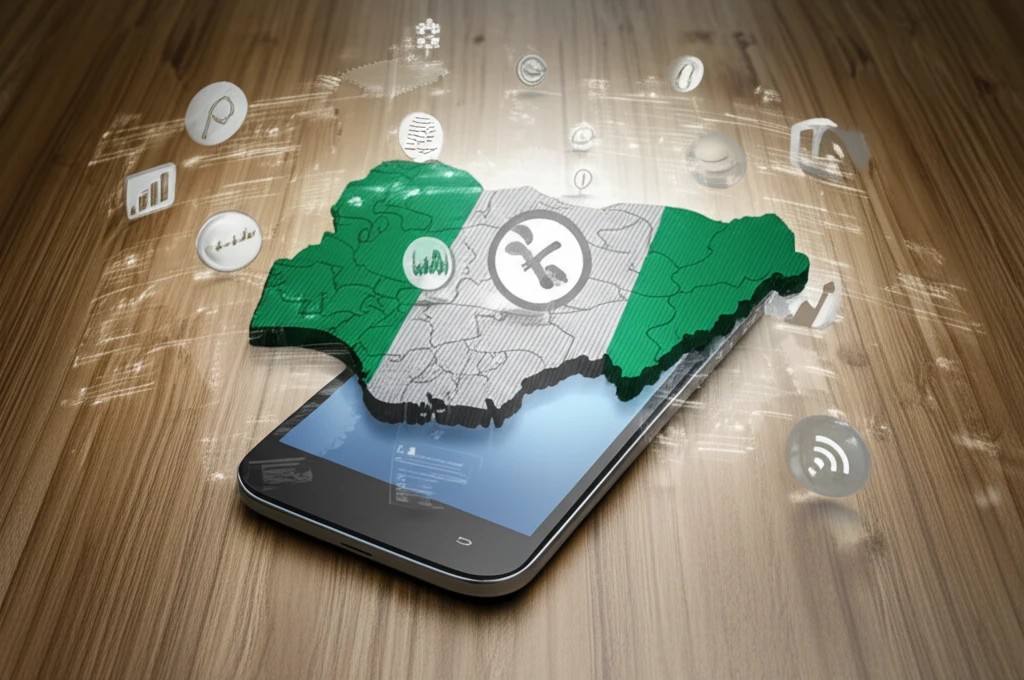
Decoding Nigeria's Data Bundle Dynamics: Are You Getting the Most Out of Your Smartphone?
"Explore how economic factors, resource constraints, and subscriber behavior influence smart phone data consumption in Nigeria and learn how to optimize your data usage."
In Nigeria, the rapid growth of data subscriber populations presents both opportunities and challenges for telecommunication networks. The rise in smartphone usage and internet traffic has led to concerns about network capacity, subscriber loyalty, and overall service quality. Understanding the factors that drive data consumption is crucial for addressing these issues and ensuring sustainable growth in the sector.
Nigeria's telecommunications landscape is shaped by a complex interplay of economic factors, government policies, and technological advancements. Despite robust economic growth in recent years, network expansion continues to be a fundamental characteristic of economic activity. This growth, however, is often accompanied by challenges such as impaired network speed, frequent network migration, and reductions in smartphone performance.
Government policies play a significant role in influencing incentives for market expansion and resource input in Nigeria's telecommunications sector. These policies find expression in the tariffs faced by subscribers and the set of technologies deployed and made available. By examining the factors affecting subscribers' data bundle use decisions, this article aims to provide insights for policymakers, network providers, and consumers alike.
The Economics of Data Bundle Consumption

A recent study conducted in Abuja and Lagos offers valuable insights into the factors that influence smart phone data bundle consumption in Nigeria. The study develops a model of subscriber response to economic and technical stimuli, conditional on cybernomic and subscriber characteristics. By analyzing survey data gathered from subscribers of data and voice bundles, the model empirically evaluates the impact of various factors on data consumption patterns.
- Single SIM users react to data bundle prices and airtime discounts.
- Data sharing occurs through subscriber substitution and increased phone usage.
- Dual SIM users frequently switch networks based on tariffs.
- Power constraints affect data bundle demand.
Policy Implications and Future Directions
The study's findings have significant implications for policymakers and network providers seeking to promote sustainable growth in Nigeria's telecommunications sector. By understanding the factors that influence data bundle consumption and subscriber behavior, stakeholders can develop targeted policies and strategies to address the challenges and opportunities presented by the digital age. Further research is needed to explore the long-term impacts of data bundle policies on subscriber behavior and network performance, as well as to identify innovative solutions for expanding access to affordable and reliable internet services.
